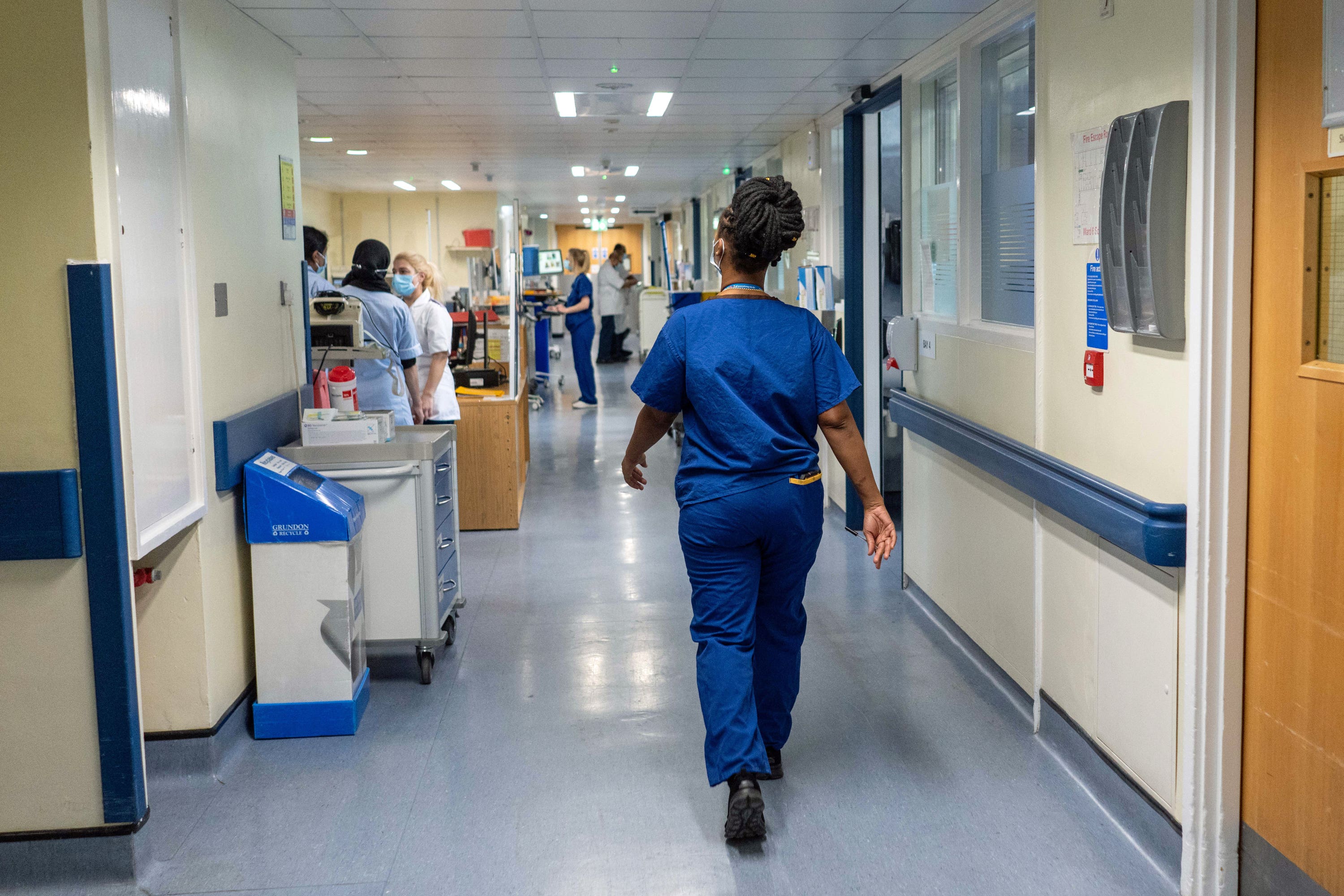MPs to press new Health Secretary on NHS data platform plans
The health and social care committee said the Government has acknowledged it ‘needed to do better to communicate the benefits of digital healthcare’.

MPs have vowed to press Health Secretary Victoria Atkins on the new NHS data platform, which will be provided by a group led by US tech giant Palantir as part of a contract worth hundreds of millions of pounds.
The NHS Federated Data Platform (FDP) will aim to make it easier for health and care organisations to work together and provide better services to patients.
On Tuesday, it was announced that a group led by Palantir had secured the £330 million contract to provide the new shared software system.
However, concerns have been raised about how patient data will be used and Palantir’s involvement in the deal.
Public concerns can be allayed by more transparency and better communication about what this platform will do and how their data will be used
Steve Brine, chairman of the Health and Social Care Committee, said: “Substantial concerns currently exist among the public about their information and the NHS regarding trust, transparency and data security.
“Public concerns can be allayed by more transparency and better communication about what this platform will do and how their data will be used.
“We will be pressing the new Secretary of State about the NHS data platform at a future date.
“The Department has previously acknowledged to us that it needed to do better to communicate the benefits of digital healthcare and to allay worries about the security of data gathered by the NHS.”
Ms Atkins, who was appointed Health Secretary by Prime Minister Rishi Sunak in a cabinet reshuffle earlier this month, told the House of Commons the FDP will allow NHS trusts and integrated care systems to “connect data they already hold” in a “safe and secure environment, to better manage patient care”.
She added: “The FDP will support key priorities of the NHS, including recovery of elective care and the improvement of discharge processes to get medically fit patients treated and home quicker.”
According to Ms Atkins, 26 trusts in England have been piloting what the FDP will aim to provide.
Palantir was co-founded by billionaire tech entrepreneur Peter Thiel, who was an early backer of former US president Donald Trump, and has worked with the US government.
It will be supported by Accenture, PwC, NECS and Carnall Farrar on the NHS contract.
NHS England said that “no company involved in the Federated Data Platform can access health and care data without the explicit permission of the NHS”.
Ms Atkins also revealed a separate contract had been awarded to another provider, IQVIA, for privacy enhancing technology to ensure the security of data used in the FDP.
That data is extremely valuable, to improve how the NHS operates, to drive advances in scientific research, and to boost AI products and services
Dr Latifa Patel, representative body chair at the British Medical Association, branded the decision to award the contract to “a large US-based multinational” as “deeply worrying”.
She added: “This contract is valued at an eye-watering amount – money which is desperately needed for direct care to help patients right now, and other health and social care services which remain in such crisis, not to mention the ongoing workforce shortages.
“Going forward, we cannot, and must not, allow patient data to be exploited. We need to know just how confidential patient data will be used within this data platform and the extent of the role that Palantir, which has commercial interest in this decision, will play.”
Elena Simperl, professor of computer science at King’s College London, said the NHS is “probably unique” in terms of the data it holds.
She said: “That data is extremely valuable, to improve how the NHS operates, to drive advances in scientific research, and to boost AI products and services.
“There is a huge responsibility in stewarding and governing this data asset, not only for these reasons, but only because every failure to maintain and restore public trust could inevitably lead to more people opting out of secondary uses of the data, hence diminishing the benefits the data could yield.”
Prof Simperl added that “it’s clear that a lot remains to be done to improve communications around the sharing and use of sensitive data”.
Bookmark popover
Removed from bookmarks